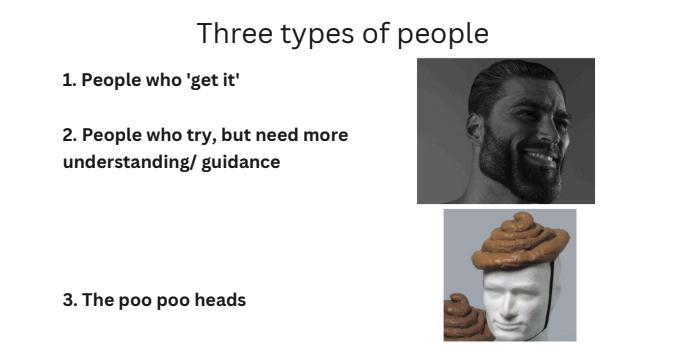Understanding Anxiety Part 4: 'People need to BE better' Anxiety
- Spectrum Gaming

- Jun 25, 2024
- 2 min read
Updated: Jun 30, 2024
(This post is Part 4 of a series on Understanding Autism & Anxiety)
'DO better' anxiety is about changes being made to support that is offered to meet your needs.
'BE better' anxiety is about changes to how people support you through anxiety.
A common thing autistic people hear is “You need to be more resilient and learn to cope better", or things along these lines, when they are struggling with anxiety.
But despite what they say, we are often resilient enough!
People may not know how much autistic people need to cope with on a regular basis, making things really difficult at times.
There is no law to help when it comes to 'BE better' anxiety, but one of the things young people say is most important is the idea of autism acceptance.
People are often afraid of things they don’t understand, so proactive understanding is really important to encourage and promote. This doesn’t just reduce bullying, but helps young people feel it is ok to be themselves which is incredibly important for their wellbeing.
For more information on how to better meet autistic young people’s needs, see our key principles when supporting autistic young people.
It is helpful to have people around you who understand this so they can speak up for you and change the environment to meet your needs.
It is also important to note that some places may just never work. An environment may not meet your sensory needs, there may be too many people (making it too overwhelming), or it may be too much of a fight to get your needs met.
In these instances, it is ok to not push yourself through these things, but it is important to know that it isn’t your fault.
There are three types of people:
People who 'get it' - People who naturally (or through learning) offer support that works for you. What is a trusted person like?
People who try, but need more understanding/ guidance - People who may not get everything right, but are open to learning and reflection.
The poo poo heads - People who don’t understand you or autism and don’t try to. They are often authoritative and lack understanding. What are they like? - created with young people.




